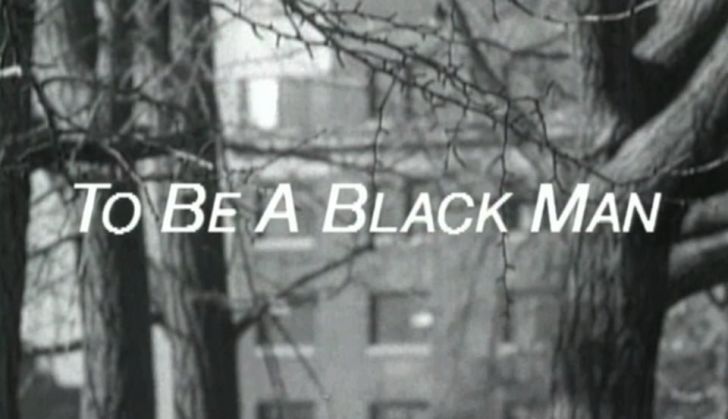“Welcome
(Anytime you want, I'll always be free)
Anytime you want some
(You're welcome babe, you're welcome to me)
Make yourself at home cause you're welcome
Welcome”
From “Welcome” the opening song on Urban Hang Suite
Released April 2, 1996 Maxwell’s ‘Urban Hang Suite’ was an instant landmark in the history of black popular music, connecting the dots between classic ‘70s soul music and the suave dance music of ‘90s New York City club culture. Moreover the album was a product of a “downtown” meets Brooklyn aesthetic that connected the multi-cultural dance music scene of Manhattan below Union Square with the bohemian spirit found in Brooklyn’s Fort Greene/Clinton neighborhoods, which were just over the Manhattan Bridge from the city.
Born in Brooklyn, product of Puerto Rican father and Haitian mother and raised in a religious family, Gerald Maxwell Rivera started writing songs on a Casio keyboard and began performing around New York at 19. In the years before the album was released Maxwell worked at a bus boy at the Coffee Shop, a bar/restaurant across from Union Square, a place that advertised that it stayed open “23 hours a day,” making it a late night destination for the community of models, musicians, writers, artists, actors, designers and fly folks who’d come by after partying at clubs like the Palladium, Nells, Don Hills, Moomba, Roxy and the Tunnel. As an handsome young New York kid, Maxwell sampled the city’s vibrant club culture, while remaining committed to making music that had roots in vintage soul.
Any look back at ‘Urban Hang Suite’ is a consideration the making of the album and the era it emerged in. Maxwell was supported a stellar collection of soul music vets, including Sade’s Stuart Matthewman, who co-wrote and co-produced three songs, and Leon Ware, who’d collaborated with Marvin Gaye on his classic ‘I Want You’ album, the West Coast’s greatest rhythm guitarist Wah Wah Watson. The song Ware co-wrote, “Sumthin’ Sumthin’,” was a stone groove that still flows like butter and solidified the spiritual and aesthetic connection between Gaye’s mid-70s classic and the young singer-songwriter’s aspirations. Crucially, the album was also the beginning of Maxwell’s long creative relationship with Hod David, who co-wrote three songs on ‘UHS’ and would go on to be co-producer all of the singer’s four subsequent studio albums.
Teddy Riley’s new jack swing had dominated black radio into the ‘90s, while by the middle of the decade a rawer lyrical direction was being driven by R. Kelly and Jodeci. But ‘UHS’ is a product of a moment where other singer-songwriters with similar artistic inclinations (D’Angelo, Erykah Badu) were working at some the same studios (Greenwich Village’s Electric Lady) to forge a new direction in R&B that would be called neo-soul. ‘Urban Hang Suite,’ along with D’Angelo’s ‘Brown Sugar’ and Badu’s ‘Baduizm,’ brought a more organic, progressive sound that challenged the status quo. But unlike his peers Maxwell didn’t aspire to connect soul with hip hop bap boom. There was a club kid’s feel for dancablity on ‘UHS’ which separated it from the smokey incense feel of D’Angelo and Badu. Infact Maxwell’s debut album was so off brand that it sat on the shelf at Columbia Records for almost a year because the label felt unsure of its commercial prospects.
I first became aware of Maxwell through Matthewman. I’d written an essay in the Village Voice called ‘To Be A Black Man’ that had gotten great feedback, so much so that I decided to make it into a short film. I’d written a couple of movies (‘Strictly Business,’ ‘CB4’) and was finally interested in making the move into directing. Samuel L. Jackson agreed to read the piece and I approached Stuart about composing some music for the film. He introduced me to Maxwell who would on to record a haunting wordless melody behind Jackson’s vocals. I tried to get him into the short but Maxwell, who was still awaiting his album’s release, didn’t wanna be seen until he was ready. The film went onto premiere at the Toronto Film Festival and stands as one of Maxwell’s earliest recordings. To celebrate his debut album here’s a link ‘To Be A Black Man.’
(P.S. If you’re not a Maxwell fan you probably don’t know that his first official recording was as a guest vocalist in 1996 on the song “Softly Softly,” a track from the Sweetback’s first album. Sweetback was composed of the members of the Sade band — bassist Paul Denman, keyboardist Andrew Hale, and Mathewman on sax and guitar, who co-wrote the song with Max.)



